
UDK: 615.032:616.25-002.28:616.712
S. Sh. Aidaeva, S. A. Kalashnikova, L. V. Polyakova, A. V. Kalashnikov
Пятигорский медико-фармацевтический институт – филиал ФГБОУ ВО ВолгГМУ МЗ РФ, г. Пятигорск; ФГБОУ ВО ВолгГМУ МЗ РФ
One of the current trends in the treatment of residual cavities in chronic pleural empyema is the stimulation of adhesio- genesis using various biological substrates. As a result of the study, it was found that in groups with isolated use of adipose tissue and combined use of adipose tissue with platelet-rich plasma, early maturation of connective tissue occurs, characterized by the presence of high rates of immunopositive cells to apoptosis markers as early as 20 days with a sharp decrease in these indicators by the end of the experiment. The presence of single positively colored cells to the nuclear factor NF-kb confirms the absence of an inflammatory response in these groups. While in isolated application of platelet-rich plasma, the percentage of positively colored cells to caspase-3 and active caspase-3 remains until the end of the experiment. High levels of immunopositive material resistance to the transcription factor in this group indicate the preservation of the inflammatory response, which may lead to further stimulation of adhesion with complete overgrowth of the residual cavity and the development of respiratory failure.
chronic pleuralempyema, adhesiogenesis, residualpleuralcavity, apoptosis, caspase-3, active caspase-3, transcription factor (NF-kb p65)